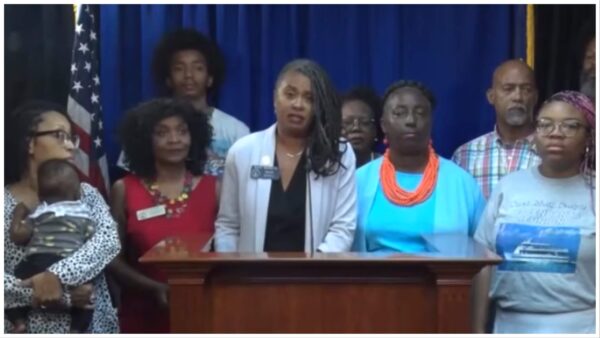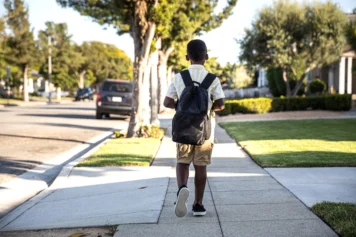A new zoning ordinance that was just passed in the coastal region of Georgia could potentially threaten the livelihoods and land ownership of Black ancestral property owners.
The Gullah Geechee region, or corridor as it is also known, is a stretch of sea islands along the Southeast coast that is home to thousands of Black Americans who are descendants of enslaved West Africans who primarily were put to work growing rice on marshy plantations.
And in the Hogg Hammock community on Sapelo Island in Georgia — which historians believe is one of the last surviving Gullah Geechee enclaves — McIntosh County commissioners voted 3-2 to change a zoning law that would double the maximum square footage of some homes, which could increase property taxes in several areas and attract wealthy land buyers.

The Associated Press reported that before the vote, the zoning restrictions instituted nearly 30 years ago were designed to help 30 to 50 of Hogg Hammock’s residents retain their land.
Now, the zoning change could potentially force some people whose homes have been passed down through the generations to sell their land if they can’t afford to pay those tax increases.
One of those residents who planned to retire on land her father owned believes that is the case.
“It’s going to be very, very difficult,” Yolanda Grovner told AP. “I think this is their way of pushing residents off the island.”
“We’re still fighting all the time,” Hogg Hammock native and local historian Maurice Bailey remarked. “They’re not going to stop. The people moving in don’t respect us as people. They love our food, they love our culture. But they don’t love us.”
Sapelo Island resident Josiah “Jazz” Watts told CNN that residents weren’t even given the opportunity to offer input on the detrimental effect the ordinance amendment would have on the community, especially on older homeowners with fixed incomes.
“We weren’t given the opportunity to be included in the process of a zoning ordinance that will directly impact us. The people who are going to be mostly impacted negatively impacted by all this are the Geechee descendants on the island,” Watts said. “Where are people going to get the additional income to keep up with paying that tax? You’re not gonna be able to.”
Commissioners who voted in favor of the amendment worked to defend the zoning change and focus on what could result in positive and progressive impacts for the community.
“This is meant to allow modest homes where whole families can stay under one roof,” Commissioner David Poole said. “The change will not destroy the culture of the Gullah Geechee or the heritage of the Gullah Geechee.”
David Stevens, the commissioner’s chairman, asserted that the community is partly to blame for the zoning change. He stated that in recent years, homeowners have sold their properties to non-descendants and haven’t done enough to preserve the cultural heritage.
“I don’t need anybody to lecture me on the culture of Sapelo Island. This next new generation doesn’t have it, nor will they ever,” Stevens said. “If you don’t want these outsiders if you don’t want these new homes being built … don’t sell your land.”
Gullah Geechee communities are peppered everywhere on islands from the coasts of North Carolina to Florida. The enslaved people who worked on island plantations are renowned for upholding much of their West African heritage and retaining distinct dialects, food, crafts, and culture. Some freed peoples fled to the islands, as well.
Hogg Hammock is listed on the National Register of Historic Places, but residents do rely on the county government. About 65 percent of McIntosh County’s 110,000 residents are white.


